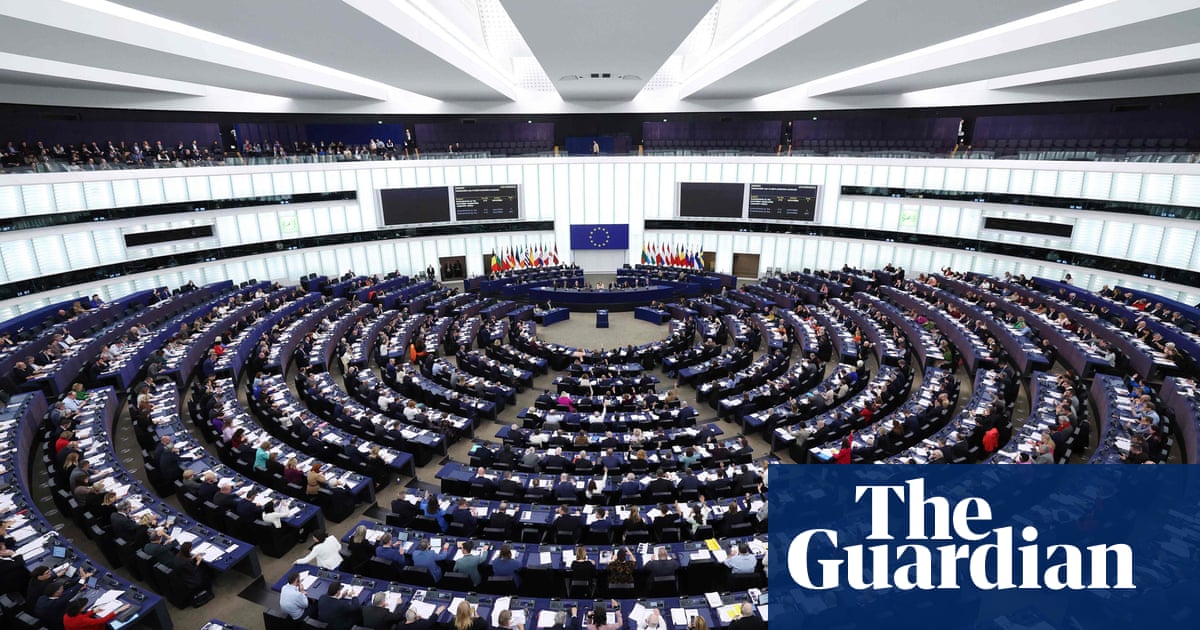
A resolution set to be presented to the European Parliament’s development committee urges the European Union to take prompt action in addressing and reversing the enduring effects of European colonialism. It also calls for the implementation of a reparations program to correct ongoing injustices.
The draft resolution proposes the establishment of a permanent EU forum on restorative justice, citing the lack of action taken by the EU to acknowledge and correct the ongoing impacts of European colonialism on social and global inequalities.
This is the initial effort to bring reparations for slavery and colonialism onto the EU’s agenda. Members of the European Parliament are discussing this issue in response to growing calls for developed countries to take responsibility for their role in slavery. Recently, the African Union and Caribbean nations formed a united front in hopes of convincing European nations to pay for the historical atrocities committed.
The proposed decree acknowledges that numerous ex-European colonies, particularly in the Caribbean, Africa, and Latin America, are currently experiencing ongoing social, economic, and environmental issues as a result of past colonialism, enslavement, apartheid, and genocide. The European colonialism was founded upon racial prejudice and brutality, which has persistently contributed to deep-seated disparities on both a local and international level, including racial inequalities within and between nations, according to the paper.
The text establishes a direct connection between climate justice and reparations for slavery. It states that developed countries, which were colonizers, bear the greatest responsibility for greenhouse gas emissions, global warming, and environmental damage. In contrast, developing countries are disproportionately impacted by these consequences.
The specifics of what type of reparatory justice should be implemented are not mentioned, but the resolution urges the European Commission to produce and release a report on ways the EU can improve its recognition and handling of the consequences of European colonialism.
Michael McEachrane, the UN rapporteur of the permanent forum on people of African descent, who helped organise a joint European Commission and European parliament event commemorating the abolition of slavery on Tuesday, said: “No historical period … has had a more profound effect on shaping the world and its social and international orders than 500 years of European colonialism and imperialism … By the 1930s, nearly 90% of the world had been colonised by European countries. Consider how it has shaped the largely extractive relationship of developed countries to developing countries.”
He stated that the EU has a duty to demonstrate initiative in initiating reparations, particularly in regards to climate justice. This is because the developing nations, which make up 80% of the world’s population, have had the least impact on the current and increasingly urgent climate and environmental issues, yet are suffering the most from them.
On Thursday, Pierrette Herzberger-Fofana, a member of the European Parliament for the Greens-European Free Alliance from Germany, will introduce a proposed resolution to the development committee. She plans to submit the resolution as an urgent matter to the European Parliament within the next few weeks.
She suggested that gaining a deeper comprehension of the origins of racism in Europe would lead to a more nuanced approach to migration matters. She also emphasized the need for textbooks in Europe to be updated in order to educate children about the slave trade and colonialism.
Earlier in the year, the EU and leaders of Celac released a joint statement acknowledging the harm caused by Europe’s history of slave-trading. They recognized the need for reparations for this “crime against humanity” and acknowledged the immense suffering endured by millions of people. The statement also highlighted the magnitude and barbarism of slavery and the transatlantic slave trade in human history.
Source: theguardian.com
















